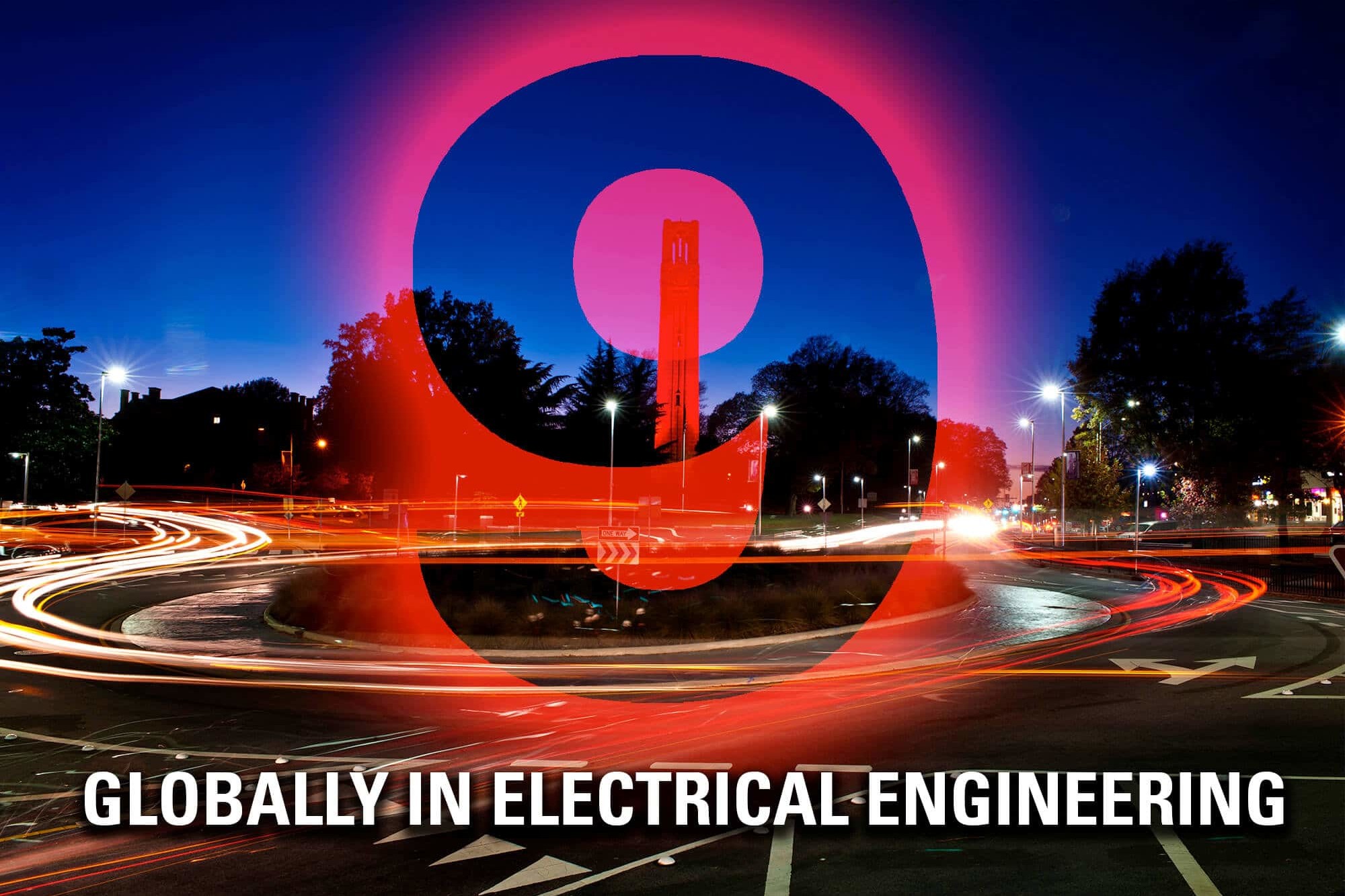
NC State Places #9 Globally for Electrical Engineering
For the third year in a row, NC State ranks in the top 10 globally for electrical engineering— #9 in the 2020 ShanghaiRankings
July 22, 2020 ![]() Charles Hall
Charles Hall
NC State routinely ranks among the United States’ premier electrical and computer engineering programs, and now a recent listing of the best universities around the world confirms that NC State is one of the finest places anywhere to become an electrical engineer.
The renowned ShanghaiRanking Consultancy published their 2020 Academic Ranking of World Universities in various academic subjects, including Electrical and Electronic Engineering in which they ranked NC State University as ninth in the world and eighth among U.S. universities.
“I think the ShanghaiRanking is particularly significant in that it is the only major ranking based entirely on quantitative data—not surveys,” explained Daniel Stancil, Alcoa Distinguished Professor of electrical and computer engineering and ECE Department Head.
The ARWU Shanghai Ranking is published annually and gives an insight into the academic quality of the world’s leading institutions. General university rankings are provided, as well as global rankings on specific academic subjects. Topics covered are the number of scientific publications, citation impact, the number of paper in top-rated journals and internationally collaborated papers. Produced by Shanghai Ranking Consultancy and more commonly known as the Shanghai Rankings, the results rate university programs in a variety of academic subjects across engineering and the life, medical, social and natural sciences.
The groundbreaking work being done by faculty and researchers was recognized with NC State receiving the third-highest score for citation impact, and the fourth-highest for number and impact of awards received by faculty.
Chemical Engineering at NC State also made the rankings, placing 24th in the world and 11th among U.S. universities. NC State also ranked in the top 100 globally in these academic subject rankings: metallurgical engineering, biotechnology, environmental science and engineering, energy science and engineering, nanoscience and nanotechnology, and materials science and engineering.
